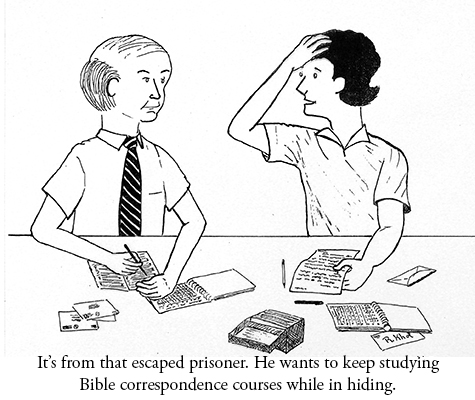…or thus says the High and Lofty One Who inhabits eternity, whose name is Holy: “I dwell in the high and holy place, With him who has a contrite and humble spirit, To revive the spirit of the humble, And to revive the heart of the contrite ones.”
Isaiah 57:15
The year King Uzziah died, Isaiah had a vision of the Lord sitting on a throne, high and lifted up (Isaiah 6:1). Who would that have been? He wouldn’t have been God the Father, because He is Spirit and invisible. Isaiah must have seen the pre-incarnate Christ, since He’s the second person of the Trinity that manifests Himself in physical form to the human race.
Before Bethlehem, Jesus was the King of Glory. The splendor and majesty that surrounded Him, attended by myriads of angels, is more than anyone this side of eternity can ever really comprehend. Often believers lose sight of this. We celebrate the baby Jesus at Christmas and are encouraged by the fact that, as Great High Priest, He intercedes for us. As Man of Sorrows we are comforted that He bore our grief and carried our sorrows. We come to see Him in a very human way as some sort of celestial friend and benefactor. Although this is true, we tend to be guilty of what J. B. Phillips put in a book title: Your God is Too Small.
The Nicene Creed describes Christ as “very God of very God, begotten, not made, being in substance with the Father, by whom all things were made (both in heaven and earth).” We need to greatly elevate our view and appreciation of the Lord Jesus, because He is the High and Lofty One who inhabits eternity. From this high and holy place, He lifts up the sinner to fellowship with Himself.
May 11









